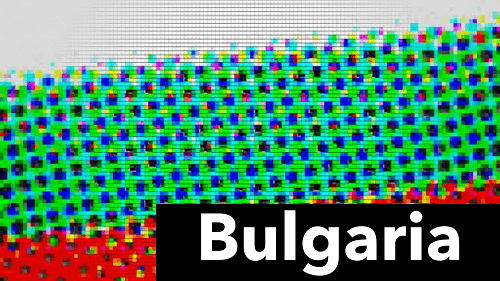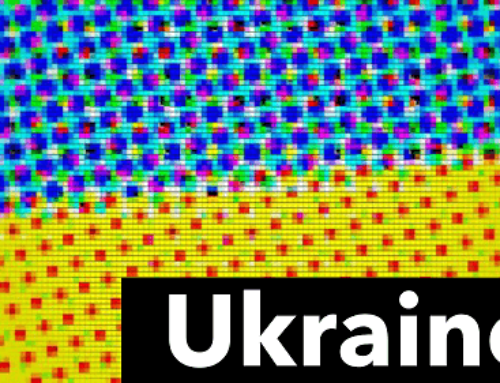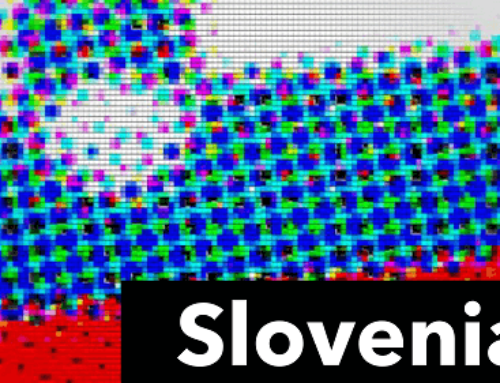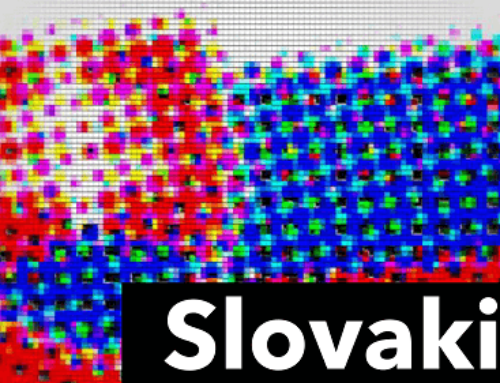Bulgaria with 7 million inhabitants is located on the Balkan peninsula next to Greece, Macedonia, Rumania, Serbia and Turkey. The following report shall offer information concerning its history, politics, and economic development in recent years.
History of Bulgaria in the 20th and 21st century
With the invasion of Soviet troops, the communist National Front took power over the former Kingdom of Bulgaria. After World War II it remained under communist rule and was renamed into a people’s democracy. Subsequently, the country became a member of the Warsaw Pact. Until the late 1980s there was neither resistance nor desire for a change in the communist regime. The first demonstrations took place in 1989 – the largest opposing party was the Union of Democratic Forces (SDS). In 1990 the first free elections of today’s parliamentary republic took place. [1]
The current political system
The first constitution, which came into force in 1991, established Bulgaria as a democratic and social constitutional state. The country is administrated in a highly centralized manner, which means regional distribution of tasks is rather limited. The political system is composed as follows: The President (and the Vice-President) is elected for five years, with a maximum of two terms of office. He serves as the country’s external representative; however, he also appoints the Prime Minister and is able to reject laws in exceptional cases. The current President Rumen Radov has been in office since 2017 and represents the Bulgarian Socialist Party. The Parliament consists of 240 MPs and a total of six parties, which must exceed the 4% hurdle to be elected. In addition to the election of the prime minister, the tasks of the parliament include legislation and government control. The Council of Ministers consists of the Prime Minister and three deputies, who are jointly responsible for the country’s foreign policy. [2]
After the parliamentary elections in 2021, two interim governments followed due to a lack of majorities in the Bulgarian parliament. The new elections in November 2021 brought a four-party coalition with the following parties: PP (“We continue the change”), ITN (populist party), BSP (socialist party), DB (“democratic Bulgaria”). A no-confidence vote in 2022 overthrew the government; the President instructed the parties to achieve a parliamentary majority within two months – otherwise new elections would have to be held again. [3]
Economic developments and international relations
The fall of the Soviet Union brought severe economic consequences for Bulgaria, including high rates of unemployment and emigration. The economic focus lies currently on the export sector – Germany is one of the most important customer and trading partner. The currency of Bulgaria is the Bulgarian lev, as the criteria for the Euro have not yet been fulfilled. However, joining the EU in 2007 brought strong economic stability to the country. 80% of the investments for Bulgaria come from the EU, nevertheless it remains one of the poorest countries in the EU comparison. [4]
Bulgaria has also been a member of NATO since 2004; in addition, it maintains many other international relations. Its memberships include the UNO, WTO, OSCE, the World Bank, etc. Bulgarian foreign policy also aims to improve the cooperation with Georgia and Azerbaijan and maintains good relations with Macedonia by supporting its joint to NATO. [5]
Christine Tapler





